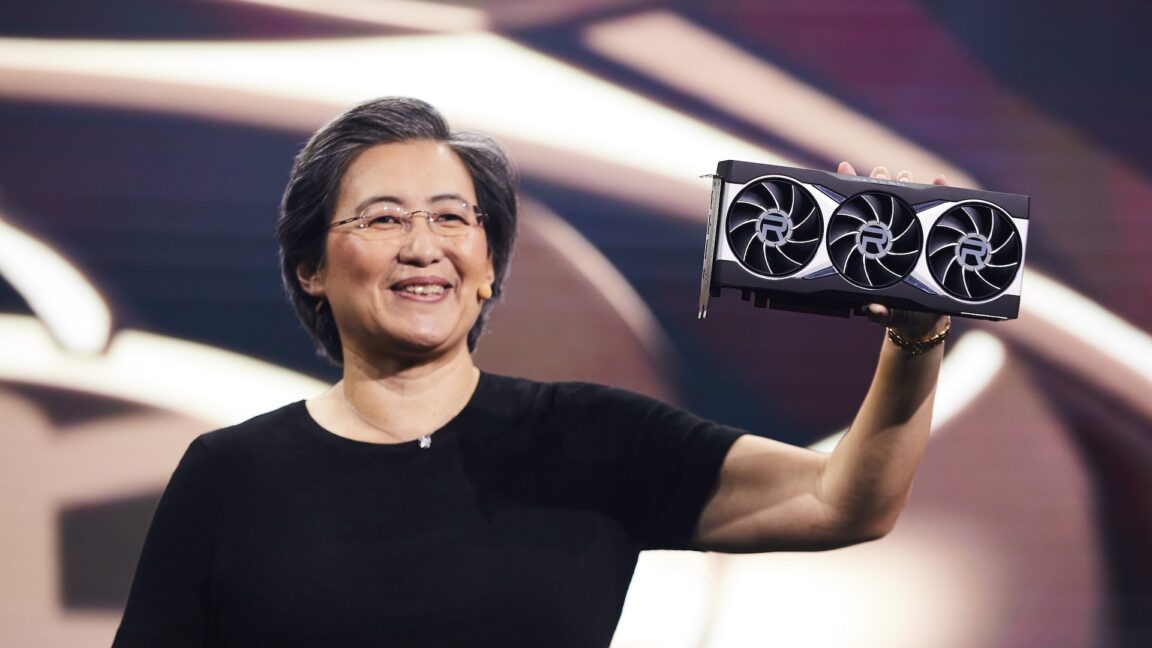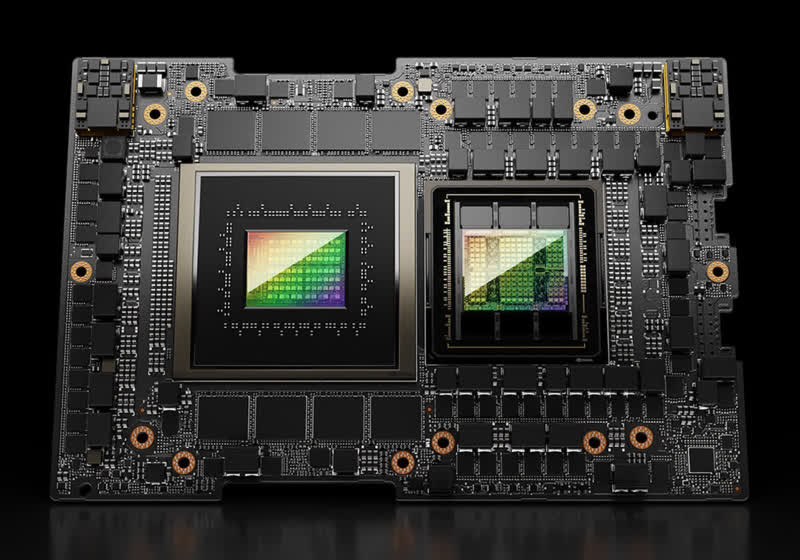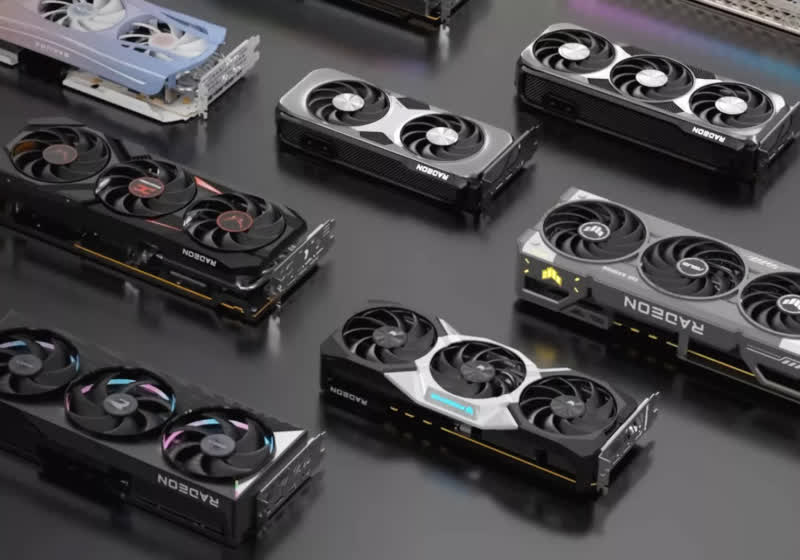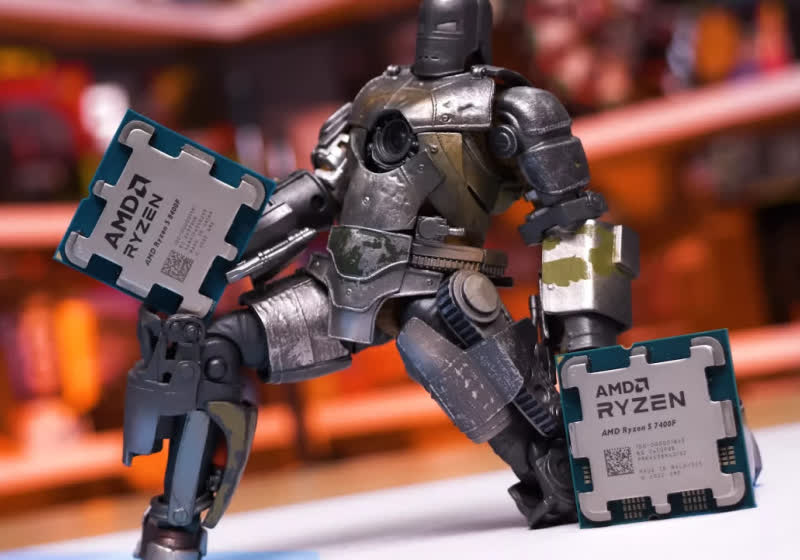After confusing driver release, AMD says old GPUs are still actively supported
PositiveArtificial Intelligence

AMD has reassured users that older GPUs will continue to receive support, even as new products are released. This is significant because it highlights AMD's commitment to its existing customer base, ensuring that those who invested in older technology won't be left behind. By reusing old silicon, AMD is not only optimizing resources but also maintaining a strong relationship with its users, which can enhance brand loyalty and trust.
— Curated by the World Pulse Now AI Editorial System





